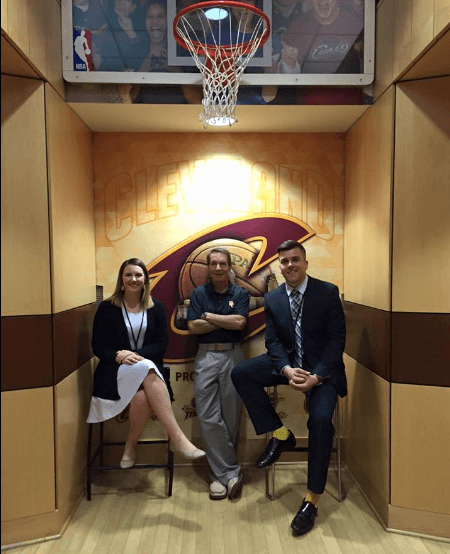After the first round of the Baylor S3 Pro Day of virtual recruiting with 30 interviewers, 54 of the students rated each of the interviewers, selected their favorite two interviewers, and commented on one that didn’t go as well as hoped. After the second round of S3 Pro Days on March 5 (click here for…Continue Reading The students POV on interviews for internships & careers
The students POV on interviews for internships & careers



